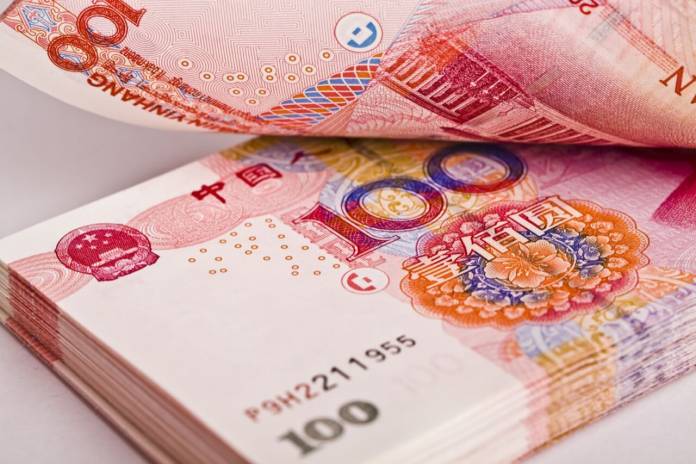As China ramps up its efforts to lure more foreign investments amid tensions with the US, the Chinese central bank moves ahead to promote its currency’s internationalization to make the use of yuan easier for outside investors to invest in Chinese bonds and stocks.
Yuan’s internationalization reduces China’s reliance on the greenback
On Friday, Chinese central bank, People’s Bank of China, said that it anticipates its currency to play a big part in pricing and settling commodities trade, including crude oil and iron ore.
“In the future, we will continue to steadily promote the yuan internationalisation to serve the real economy, based on market principles,” China’s central bank said in its 2020 yuan internationalization report.
In 2019, cross-border yuan settlements saw an increase of 24.1% from the previous year to reach $2.83 trillion (19.67 trillion yuan).
While cross-border yuan settlements in foreign trade jumped by 16% last year, which represented 13.4% of the total cross-border trade settlements, the central bank disclosed.
First American company to join China’s clearing network
In an effort to boost yuan and lessen China’s reliance on the US dollar payments, China has allowed US-based company, American Express to join the country’s clearing network, which is expected to strengthen yuan’s circulation and its role in global finance, according to analysts.
In June, the joint venture between American Express and LianLian DigiTech, called Express (Hangzhou) Technology Services had secured approval from People’s Bank of China for a network clearing license, according to South China Morning Post. American Express has become the first foreign firm permitted to settle yuan-denominated credit card transactions internationally and in China.
“If Chinese consumers can go to other countries, and their payments there can be cleared in yuan, then this would increase the use of the yuan and help with its internationalization progress,” Nathan Chow, senior China economist at DBS Bank was quoted in a South China Morning Post.
“The move is also a signal that China is not sanctioning the businesses of American companies, despite tensions.”

